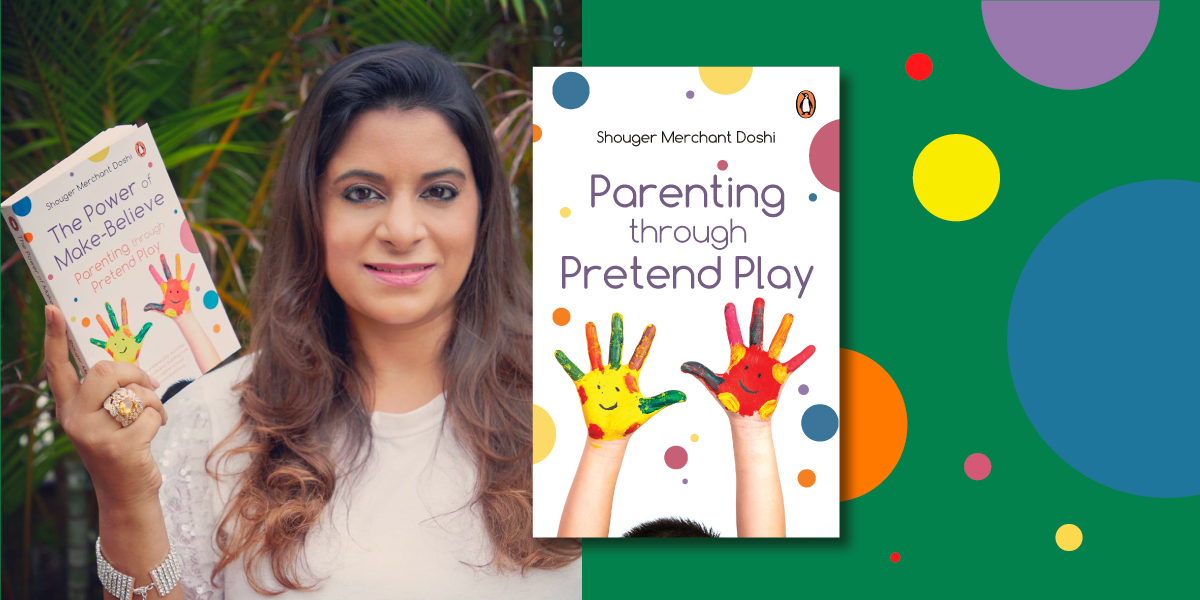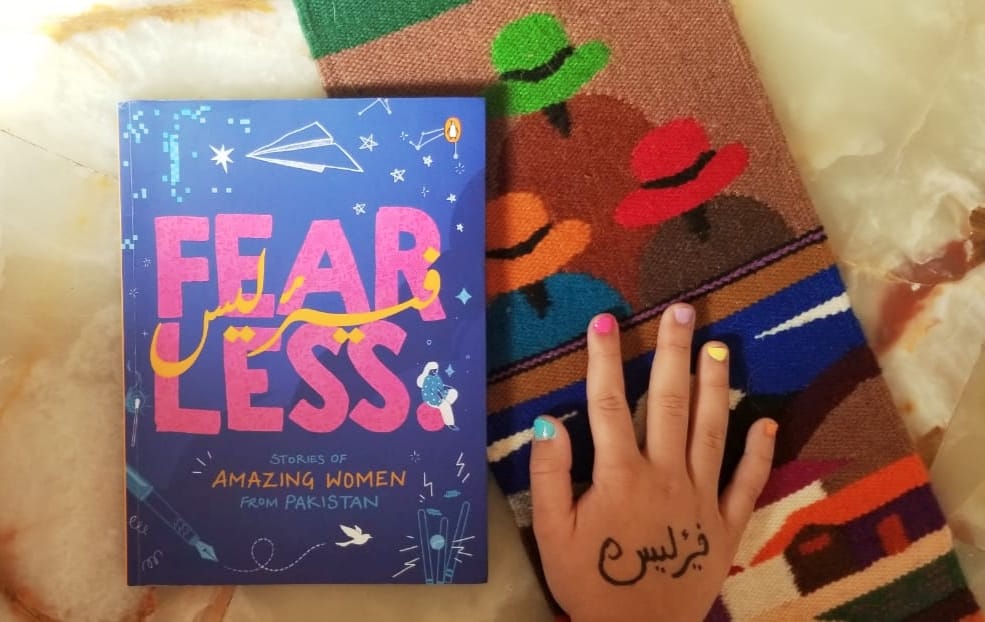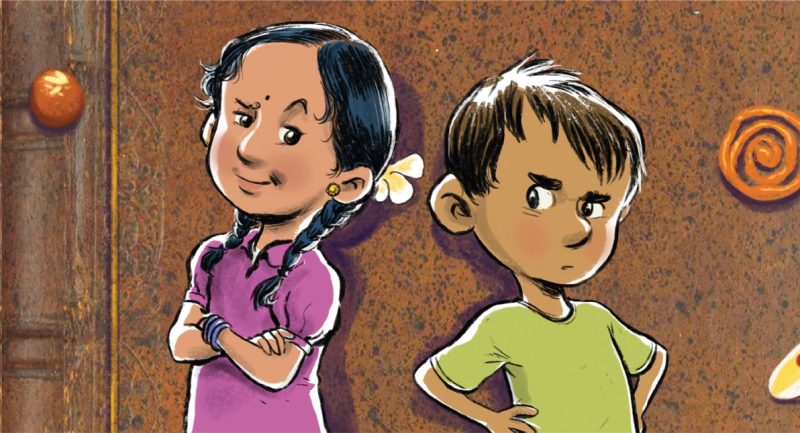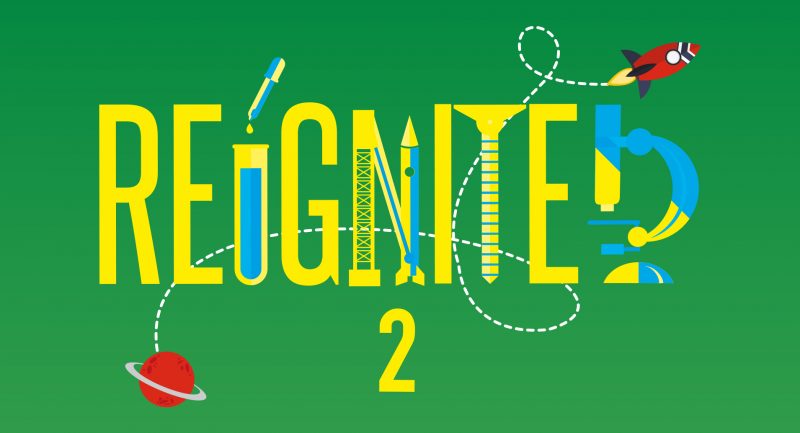
In a delightful conversation with the author of The Power of Make-Believe: Parenting trough Pretend Play, we asked questions about parenting, her inspiration to write the book, and how her book can be of help to modern parents.
Here’s what the author had to say!

What inspired you to write this topic?
I was inspired to write on this topic for several reasons. I definitely believe that the power of communication is one that has taken me far in life and the ability to speak well and write well is something that can benefit you in any given situation or in any career one may opt for. If there is one gift you can give your child – let it be that of a good vocabulary. And to engender that, I came up with fun ways to increase my communication with my son. Pretend play was one of the foremost ways to do that. I also felt like there wasn’t enough material out there on how play is so beneficial for children and how adults should engage in pretend play specifically with children. Moreover, I wanted to detail activities that I was doing with my son that were edutainment – educational but yet entertaining and the casual nature of it made it fun and light.
What research went into writing this book?
I researched lauded professionals and experts in the field and looked up important studies such as the Meredith Rowe study which details how the quantity and quality of words impact your child’s development and the Root-Bernstien study that shows a positive relation with creative performance when as a child you dwell in make-believe worlds. There is also substantial research to show a nexus between pretend play and higher academic / career achievement and accomplishment which I looked into and mentioned in the book to show mothers that play is as good, if not better than pedagogic learning.
You wrote, ‘Caring for a child is not an easy job.’ What gaps have you observed in the modern parenting style?
Being a parent is not easy – parenting involves many processes – you have a million tabs open in your brain and a million to-do lists. Caring for a child involves being a teacher, being a doctor, being a class monitor, playdate organizer, a driver, chef, student, playmate, nanny… and much much more. Needless to say, it takes up a lot of your brain space and time and sometimes we lose sense of ourselves. Many Indian mothers tend to believe that being there for their children at all hours of the day and maybe folding on their personal goals and ambitions is the best way to be present. I am of the opinion that one must receive a sense of self validation or achievement professionally or personally outside of being a mother or else one feels a shift in identity.
You mentioned in your book that ‘children need to develop a variety of skill sets to optimize the process of their growth.’ What, according to you, are the three most important life skills parents can inculcate during their children’s early development?
I think children learn their own set of skills and find out what they are good at over time. It is our job as parents to identify their strengths and help them hone those skills, should they be inclined. However, what is in our control is to ensure
a) independence and self-reliance,
b) enhanced communication skills (vocabulary and dialogue) and problem solving skills and
c) empathy, kindness and generosity (treating other children and adults well).
These are skills we can inculcate in our children through play, books and good conversation.
How do you think your book will help parents in the Covid-19 crises?
The Power of Make-Believe is about getting back to the basics. Through lockdowns and our children being unvaccinated, we are more at home now than we ever were. These activities are meant to be enjoyed and planned with excitement and the best part of all is the process not the outcome. I definitely think parents will enjoy the activities in the book and hopefully will take time out to do them. The curated books list at the end of the book is based on topics that you may want to have with your child such as racial diversity, cultural diversity, LGBTQ rights, acceptance of a sibling, nanny separation, and other such important topics. I feel a book can really help spark a good conversation between parents and child and the books mentioned are tried and tested by a bibliophile herself.









